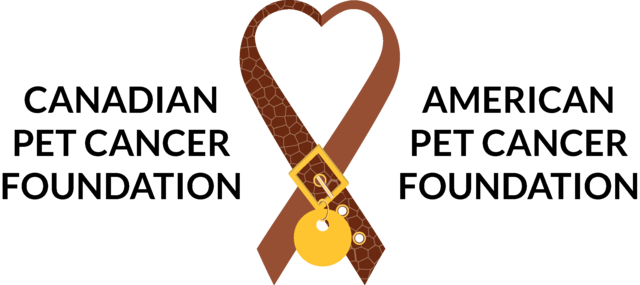- Nutrition for Dogs
- Overview: feeding tips for healthier dogs
- What nutrients does my dog need?
- Balanced diets and cancer prevention in dogs
- What causes canine obesity?
BALANCED DIETS AND CANCER PREVENTION IN DOGS
- Age: Most adult dogs require two meals daily, while puppies usually eat three or more daily meals. You will need to divide the total amount your puppy should eat in the day by the number of meals to ensure you are not overfeeding. You may also need to adjust meals once your dog becomes a senior. If your senior dog is thriving on their adult food schedule, there is no need to change. But if your senior dog begins to lose weight, it might be time to increase the amount of food.
- Weight and Body Size: Like the calorie difference consumed between puppies and adult dogs, different weights and sizes need specific numbers of calories. A toy Poodle or Pomeranian, for example, should usually consume ½ cup of food daily
- Activity Level: The amount of food depends greatly on your dog’s activity level. For example, if your dog goes on multiple long walks a day compared to one short walk in the mornings, they use more calories for energy and therefore require larger meals to maintain weight. You can use their weight over time as a guideline for meal size and adjust accordingly.
- Breed: Breed can dramatically affect the food your dog needs daily. For example, a Border Collie will traditionally have a higher metabolism than a Basset Hound and require more food to maintain a healthy weight. Even if the dogs are the same weight, the breed of the dog will help determine the amount of food they need.
A simple way to estimate the number of calories your pet requires involves calculating their resting energy requirement (RER) and then adjusting this value to account for their activity level. According to the Ohio State University Veterinary Medical Center, a puppy younger than 3 months must consume approximately 3 times their RER daily. In contrast, neutered adults need about 1.6 times their RER to maintain a healthy weight. Your vet can help determine the optimal number of calories for your dog. Always consult your vet before making changes to your dog’s diet.
We need further research to understand how to feed our pets to reduce cancer risk. Ensuring your pet receives the nutrients required and maintains a healthy weight are currently the best strategies. A balanced diet for a dog contains meat and non-starchy vegetables or whole grains, both found in commercial dog foods. Dietary supplements, such as fish oils rich in omega-3 fats, are reported to reduce cancer risk. The recommended dose of omega-3 for an adult dog is approximately 100 mg of oil per kg of dog weight.

The Pet Cancer Foundation’s Website Editorial team is comprised of veterinarians, veterinary oncologists, and veterinary technicians, as well as scientific writers and editors who have attained their PhD’s in the life sciences, along with general editors and research assistants. All content found in this section goes through an extensive process with multiple review stages, to ensure this extended resource provides pet families with the most up-to-date information publicly available.
The team listing of those contributing to the information on this page is here:
Keep Your Pets Healthy Editorial Team
Last Updated: September 7, 2022
The Pet Cancer Foundation’s medical resource for pet owners is protected by copyright.
For reprint requests, please see our Content Usage Policy.

The Pet Cancer Foundation’s Medical Illustration team is comprised of medical illustration specialists and graphic designers that work in consultation with our team of experts to create the medical art found throughout our website. Though not all medical concepts require the assistance of imagery, when a page does contain a medical illustration, credit to the artist and our medical art director will be noted here.
The Pet Cancer Foundation’s medical imagery is protected by copyright and cannot be used without prior approval that includes a mutually signed licensing agreement. Please review our Content Usage Policy.
The following sources were referenced to write the content on this page:
Bauer, JE 2011, ‘Therapeutic use of fish oils in companion animals’, J Am Vet Med Assoc, vol. 239, no. 11, pp. 1441-51.
Bontempo, V 2005, ‘Nutrition and health of dogs and cats: evolution of petfood’, Vet Res Commun, vol. 29, no. Suppl 2, pp. 45-50.
The Ohio State University Veterinary Medical Centre, viewed June 9, 2022, https://vet.osu.edu/vmc/companion/our-services/nutrition-support-service/basic-calorie-calculator
The Pet Cancer Foundation’s medical resource for pet owners is protected by copyright.
For reprint requests, please see our Content Usage Policy.
